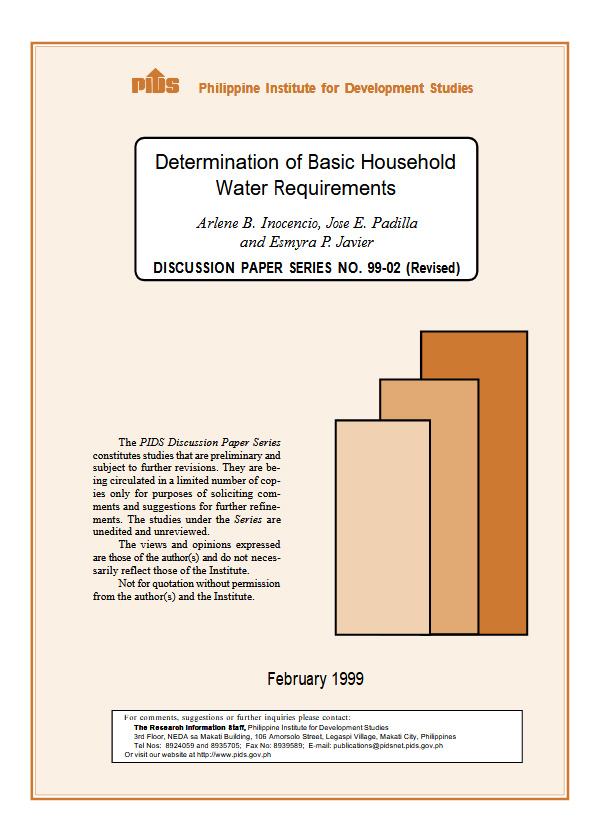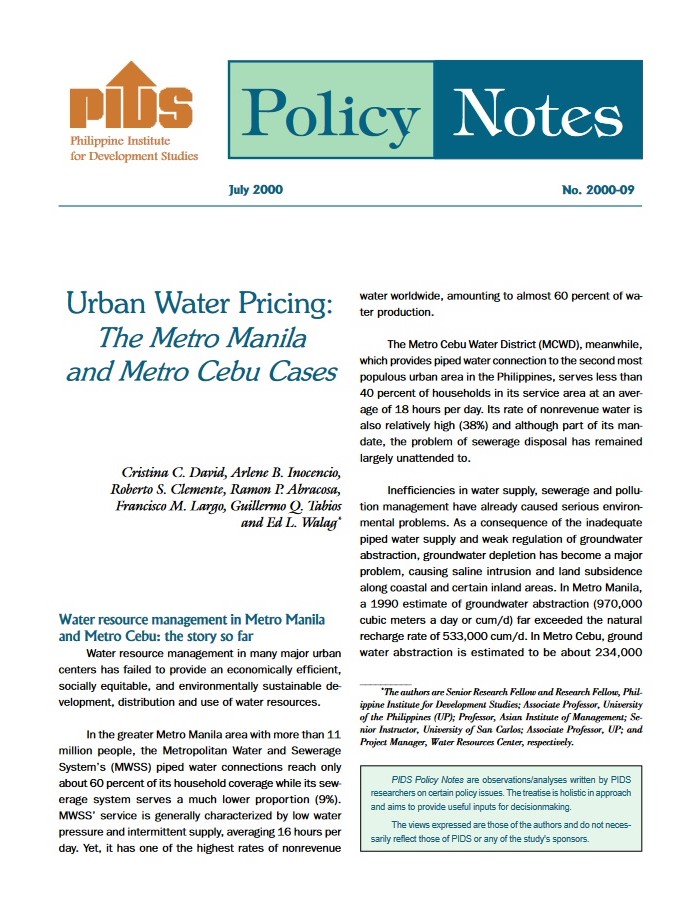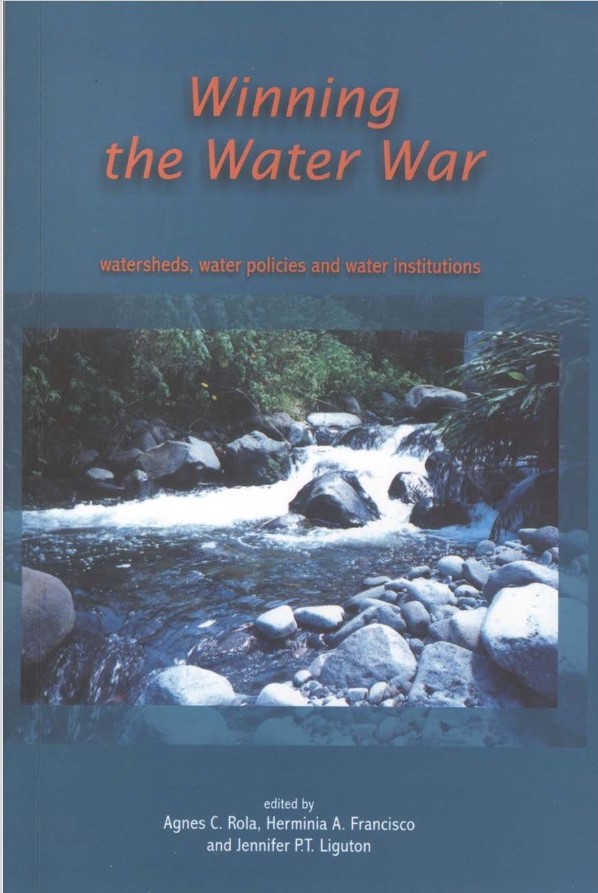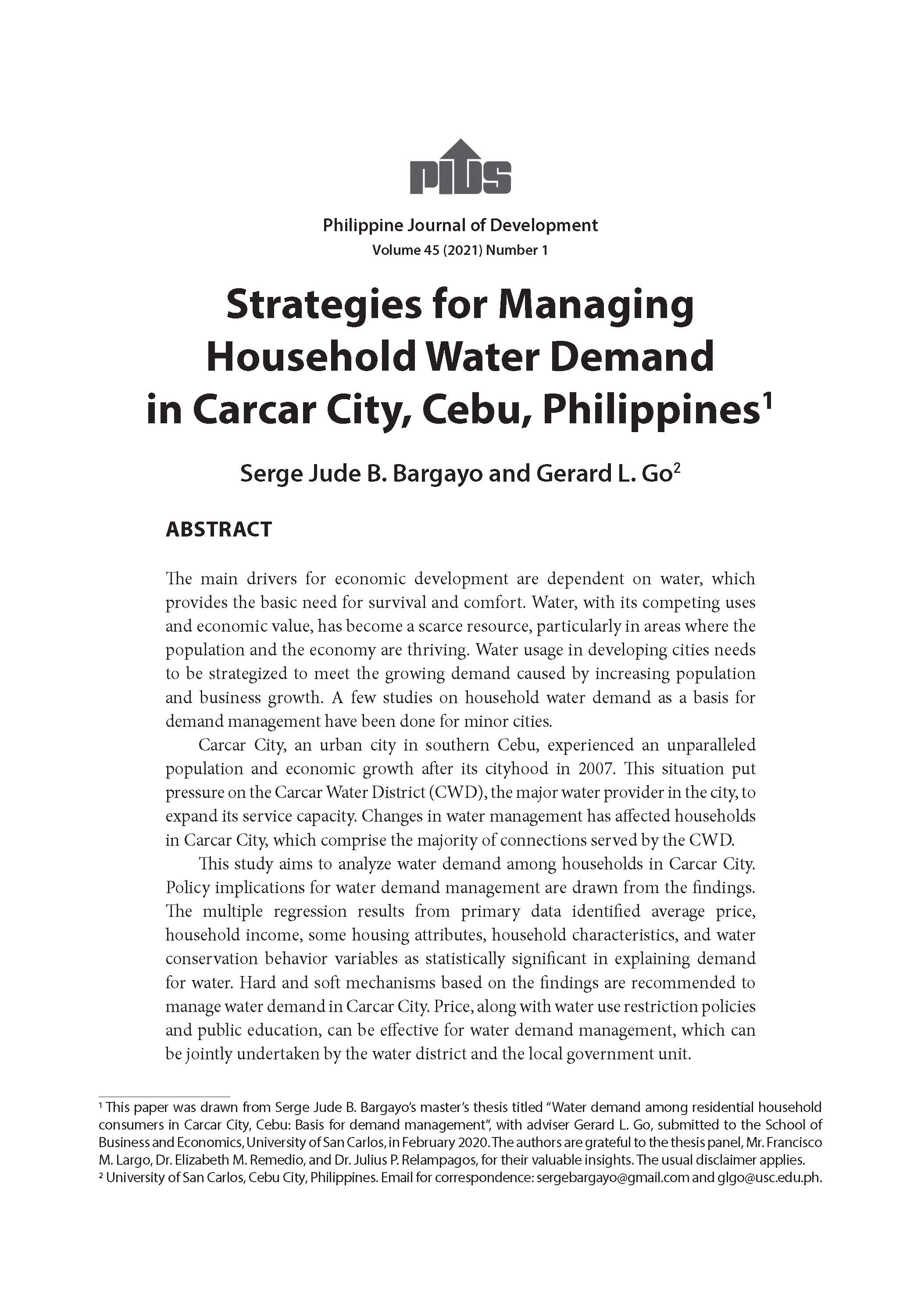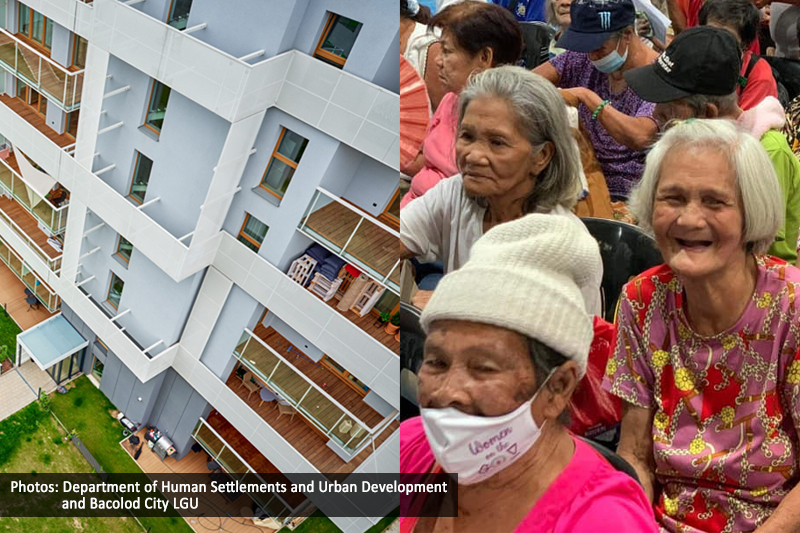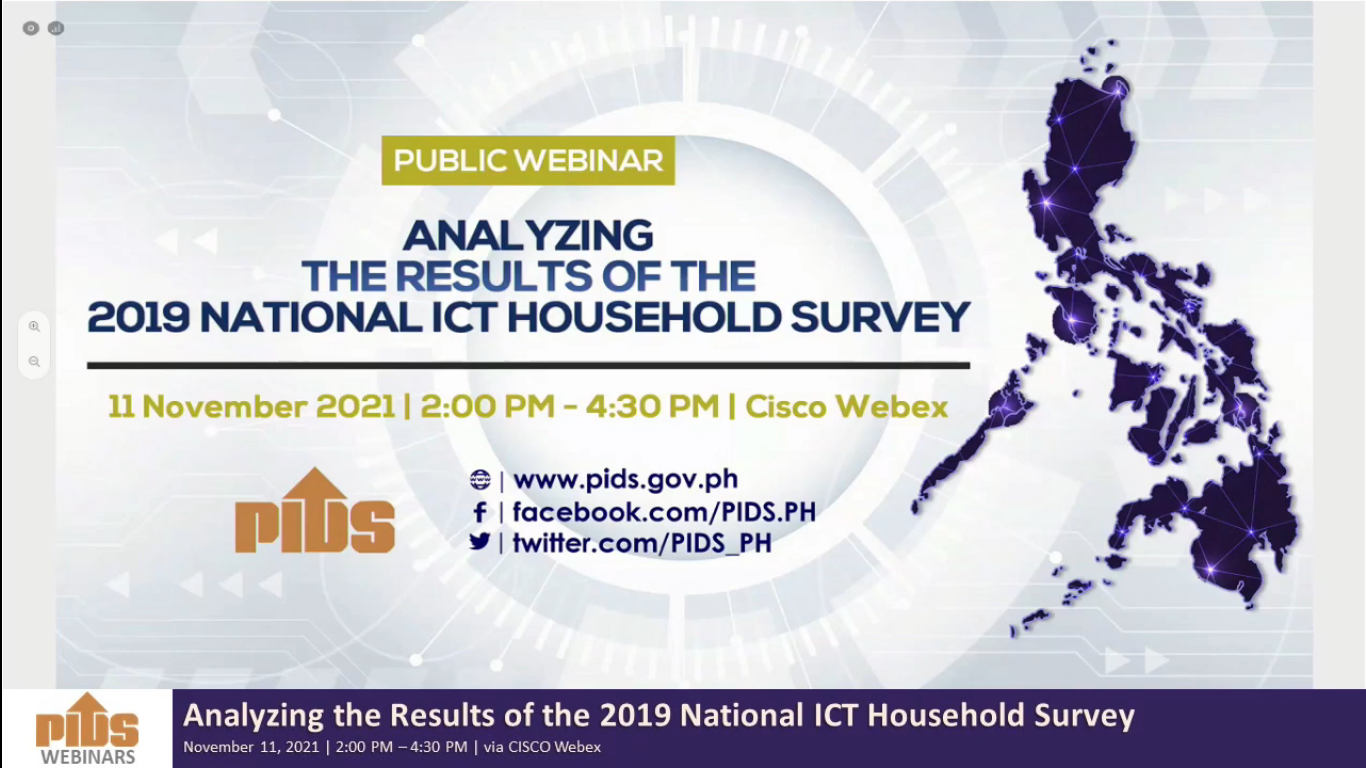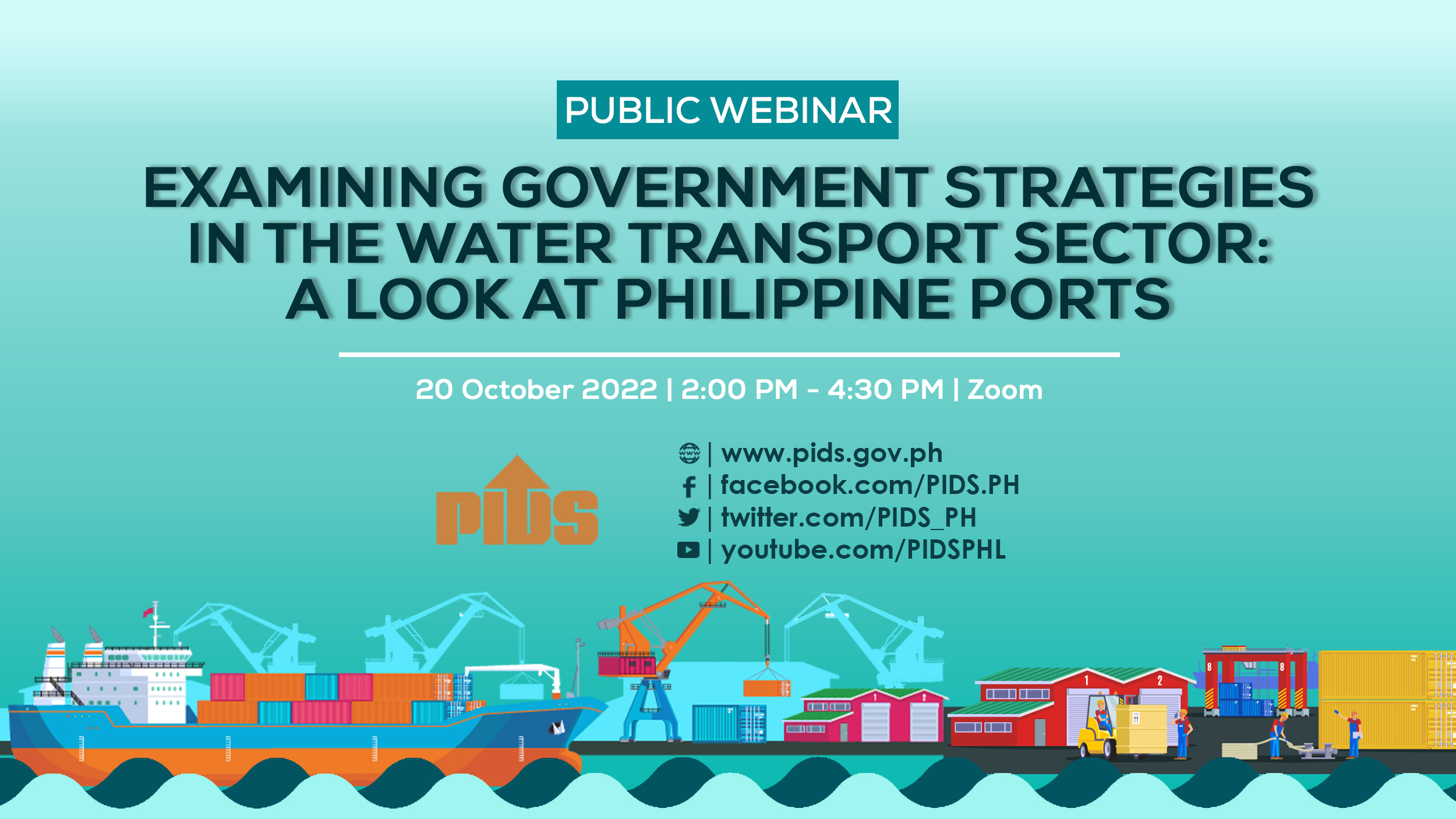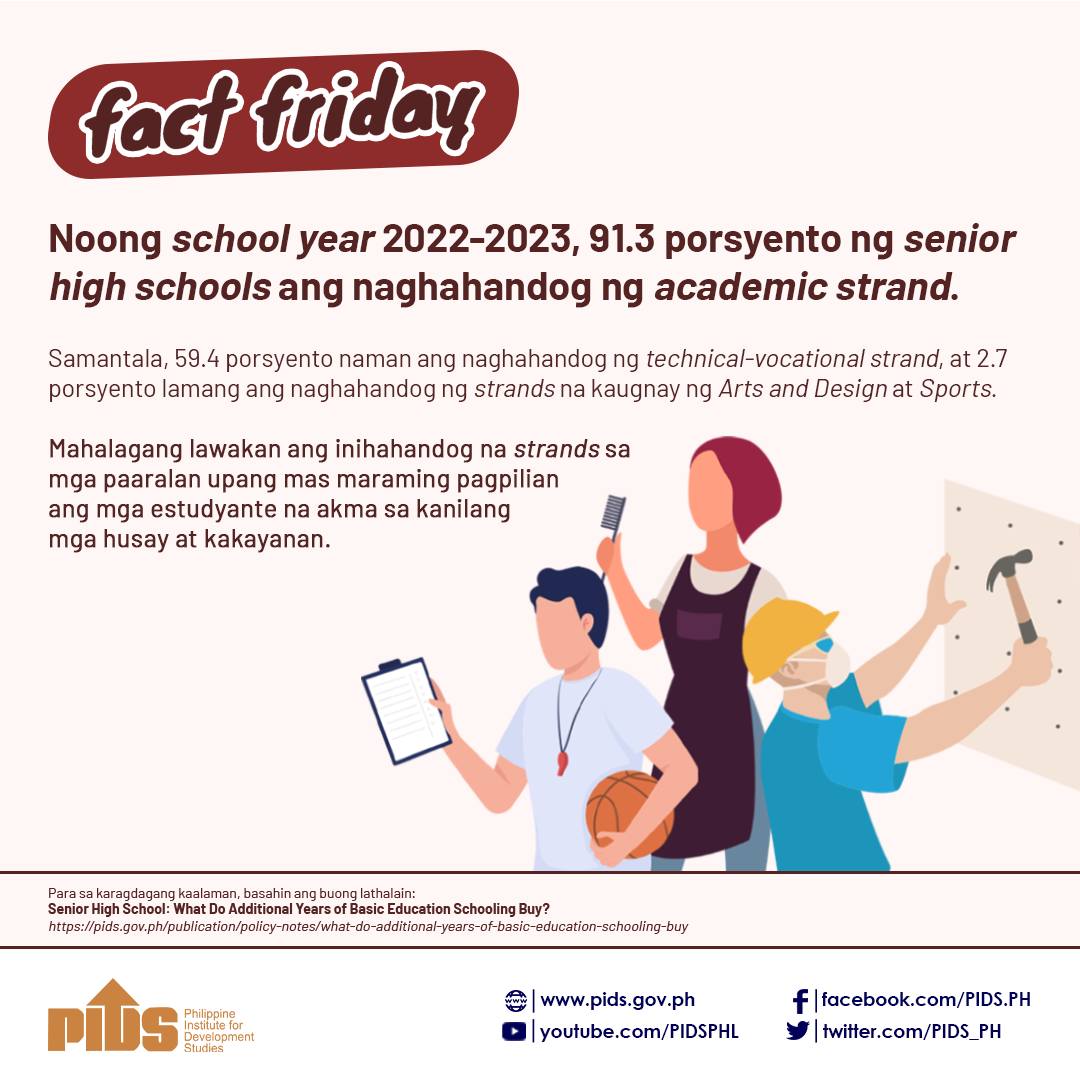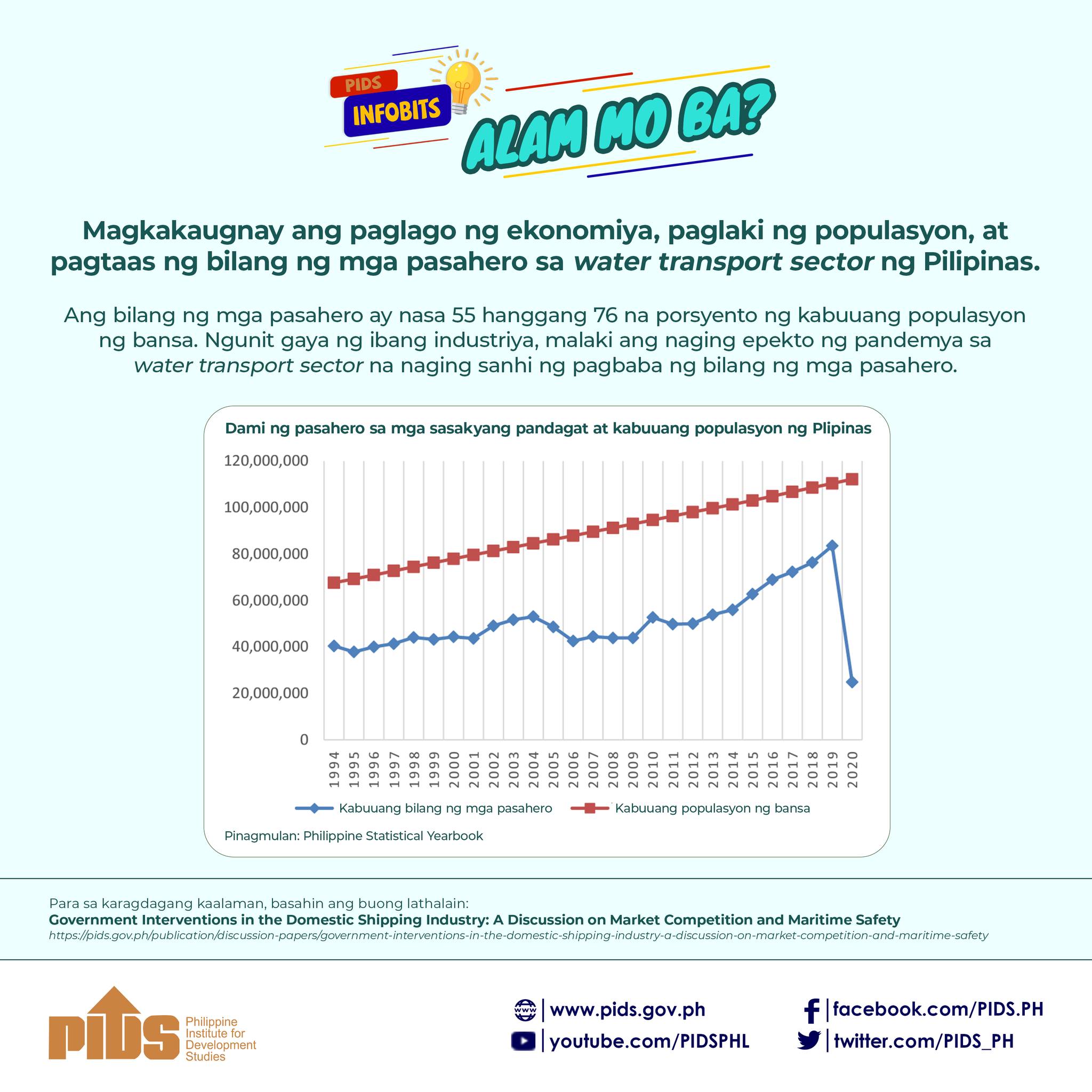The concern for determining the basic or minimum water requirement for a person to maintain good health and proper sanitation comes about in the light of the current state of water resources and the growing scarcity against a rapidly rising population. This paper’s contribution is the determination of this basic or minimum water requirement which is necessary to sustain human life and other basic human activities through a record keeping approach and use of an econometric tool. Specifically, the study (1) obtains actual per capita water consumption by activity based on household water usage and (2) determines household and per capita water requirement that cuts across income classes, water sources and cost of water, and location. Results of this study provide a valuable input in water-sector planning (i.e., for water supply infrastructure), allocation of available water supply between domestic and other uses (i.e., industrial and agricultural), and in determining the appropriate water tariff consumption block and structure for domestic consumption as the paper gives an empirical basis for the lifeline or minimum consumption block of about 10 cubic meters per month for a family of 6 members.
Citations
This publication has been cited 3 times
- Israel, Danilo C. 2013. An assessment of the local service delivery of potable water in Dumaguete City and selected areas of Agusan del Sur Province. Philippine Journal of Development PJD 2009, XXXVI, no. 2. Philippine Institute for Development Studies.
- Westerman, Ashley. 2023. The Philippines' capital is running out of water. Is building a dam the solution?. NPR.
- Westerman, Ashley. 2023. The Philippines' capital is running out of water. Is building a dam the solution?. WUSF Public Media.

